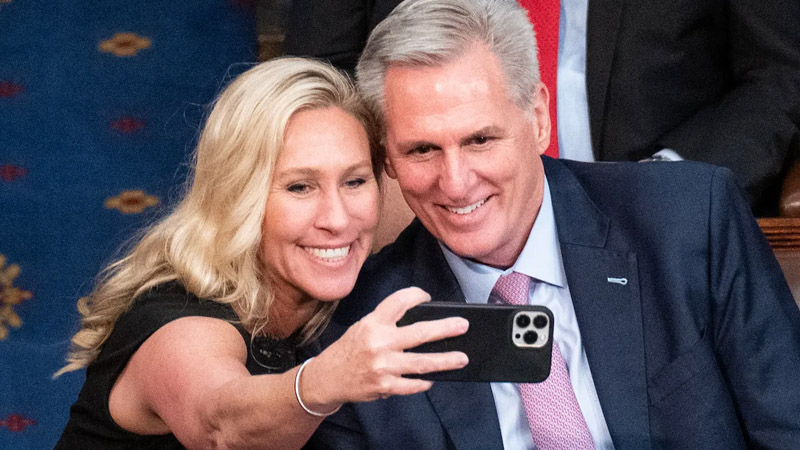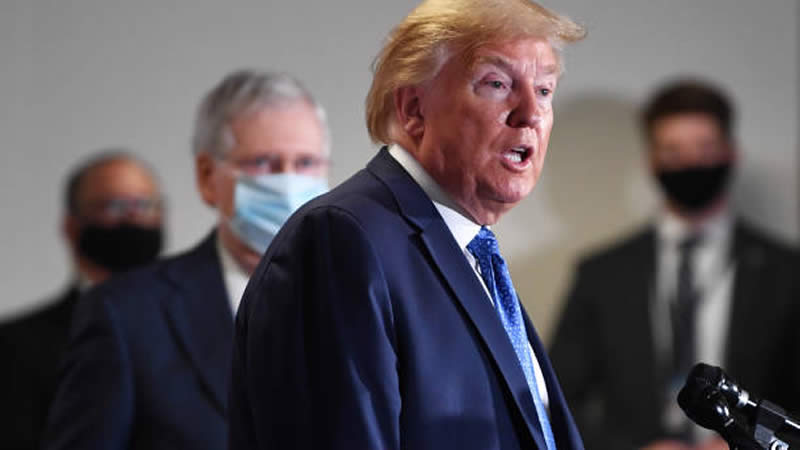Kevin McCarthy’s fake victory will have economic and political consequences

Bill Clark / Getty Images
Kevin McCarthy was chosen Speaker of the 118th Congress early Saturday morning, amid scenes similar to the eighteenth century, when brawls periodically broke out on the House floor. After it was all over after McCarthy had angrily confronted holdout Matt Gaetz in full view of the C-span cameras; after a fellow congressman had to grab McCarthy ally Mike Rogers, of Alabama, around the throat to keep him from lunging at Gaetz; after enough of the holdouts had finally agreed to end this four-day political debacle in a fifteenth ballot after all that, the best the fifty-seven-year-old Californian could manage, when his Democratic opponent Hakeem Jeffries eventually handed him the wooden gavel, the best the fifty-seven-year-old Californian could do was a lame wisecrack followed by a revealing admission. “That was easy, huh?” McCarthy said. “I never thought we’d get up here.”
Be cautious of what you hope for. Perhaps the most telling image of the terrible night came just after the final ballot was cast. Marjorie Taylor Greene, the far-right election skeptic and conspiracy theorist representing Georgia’s Fourteenth District, knelt down alongside McCarthy to snap a cheek-to-cheek photo with the soon-to-be Speaker. In February 2021, eleven House Republicans joined Democrats in voting to remove Greene from her committee assignments.
McCarthy was not one of them, but he did release a statement “unequivocally” criticizing some of her incendiary comments, which included advocating political violence against Democrats and implying that some school shootings were faked. Things have changed significantly since McCarthy’s tortuous ascension.
In return for her support for McCarthy, Greene will most certainly be assigned to new committees and viewed as an important friend by Party officials, despite the fact that she recently stated that the January 6th insurrection would have succeeded if she and Steve Bannon had been in control. McCarthy has no option but to comply based on his self-serving strategy; if he is to achieve anything over the next two years, he will need the support of Greene and many other far-right extremists.
This prospect has already caused concern on Wall Street, where attention is focused on the need to increase the debt ceiling and avoid a U.S. government default a necessity that will most likely become urgent by the summer. Earlier this week, Freedom Caucus member Representative Ralph Norman of South Carolina urged McCarthy to “shut down the government rather than increase the debt ceiling,” adding that this demand was “non-negotiable.”
In this case, focusing just on the maga nuts would be a mistake: McCarthy and South Dakota Senator John Thune stated publicly that they supported raising the debt ceiling to force significant budget cuts. McCarthy’s humiliation, on the other hand, has shown how little flexibility he will have in controlling his own caucus during the debt-ceiling brinkmanship.


